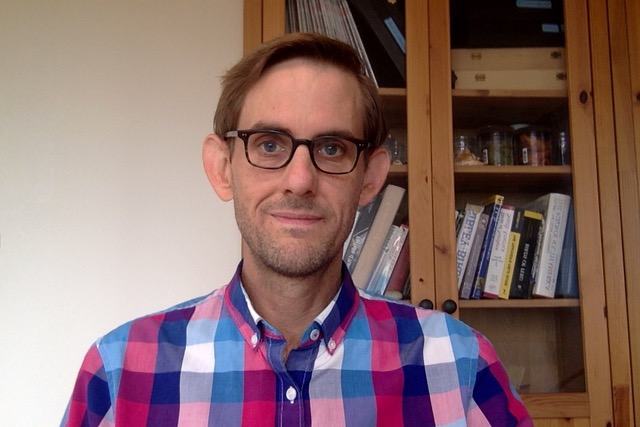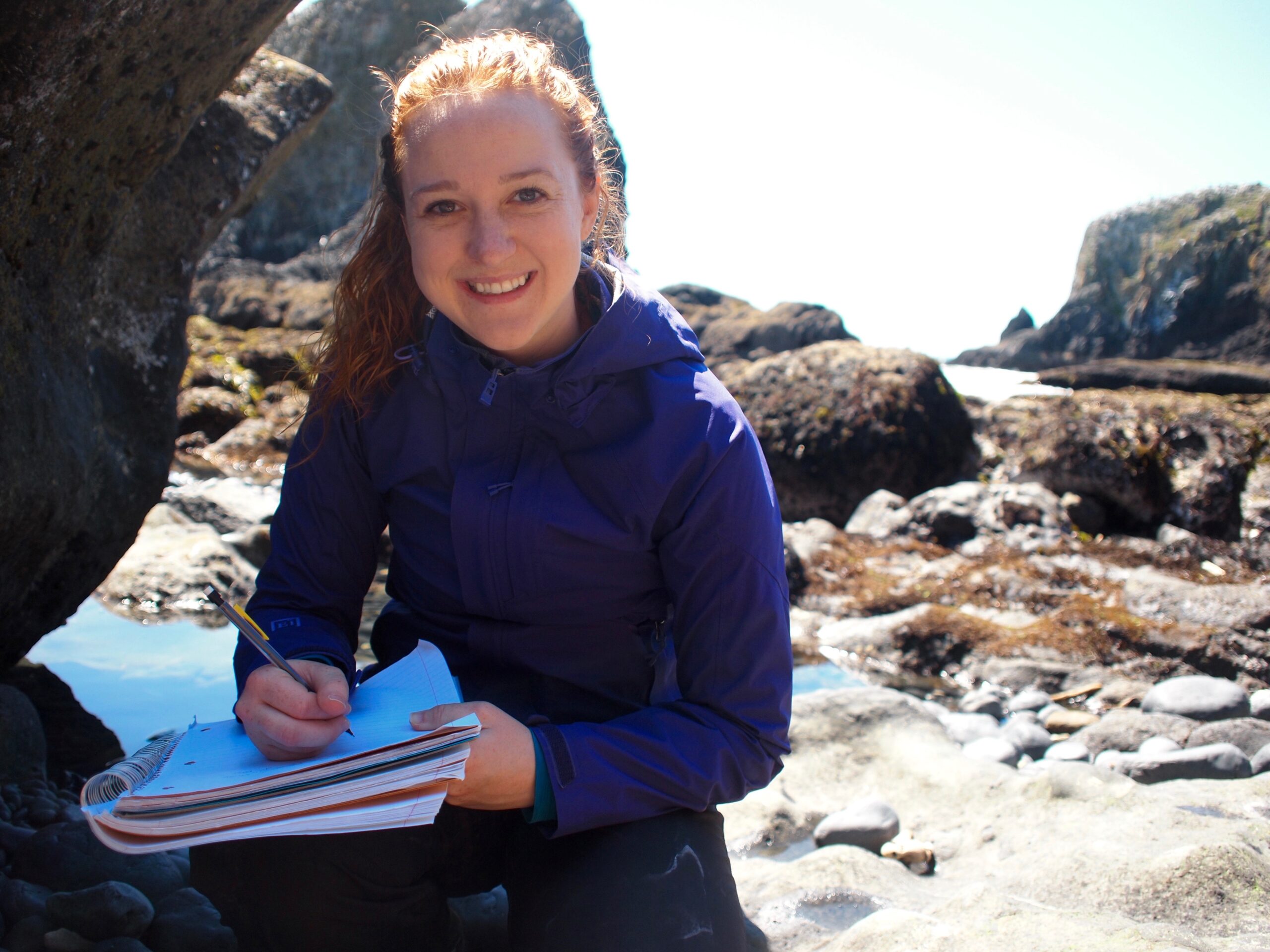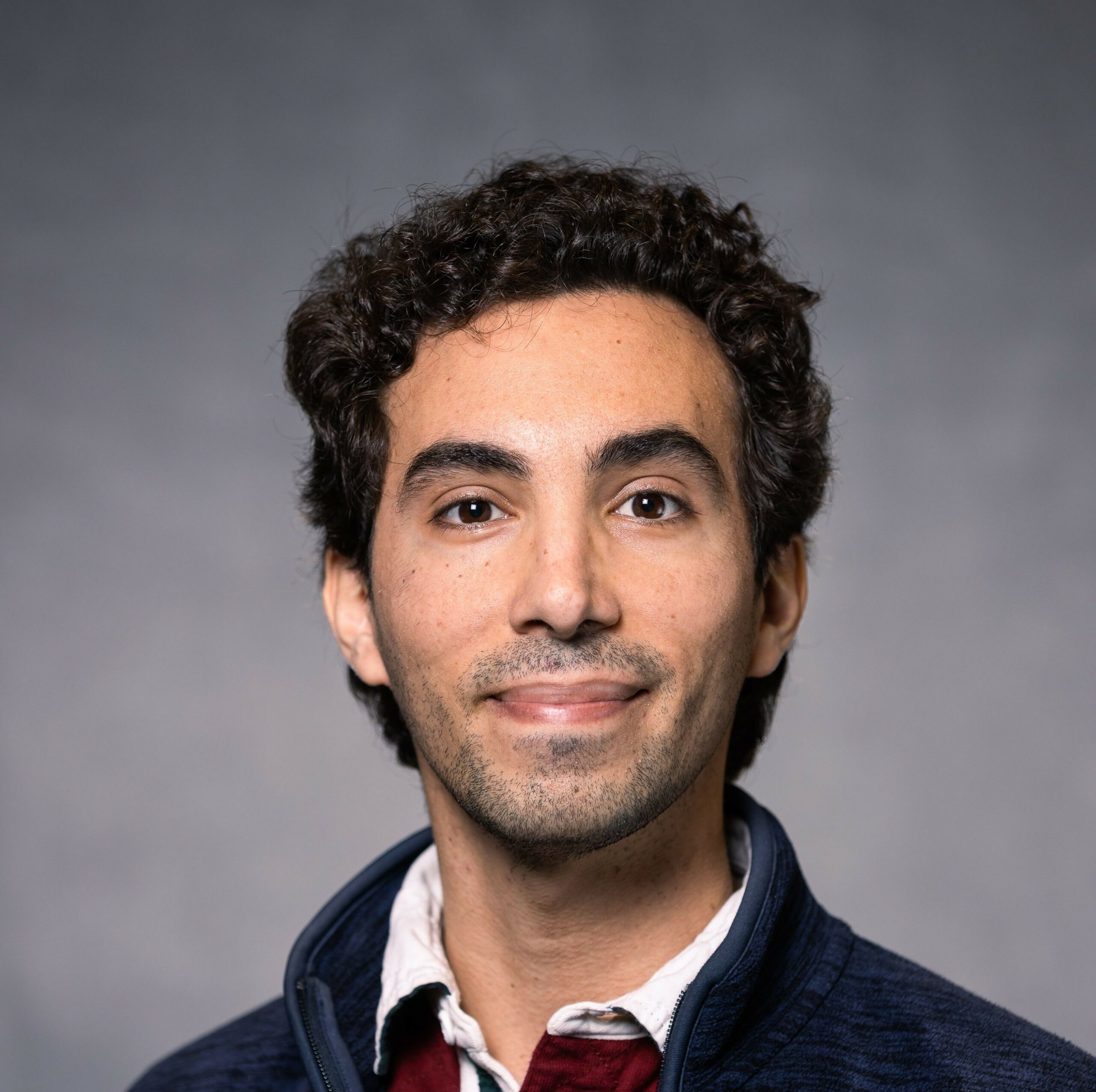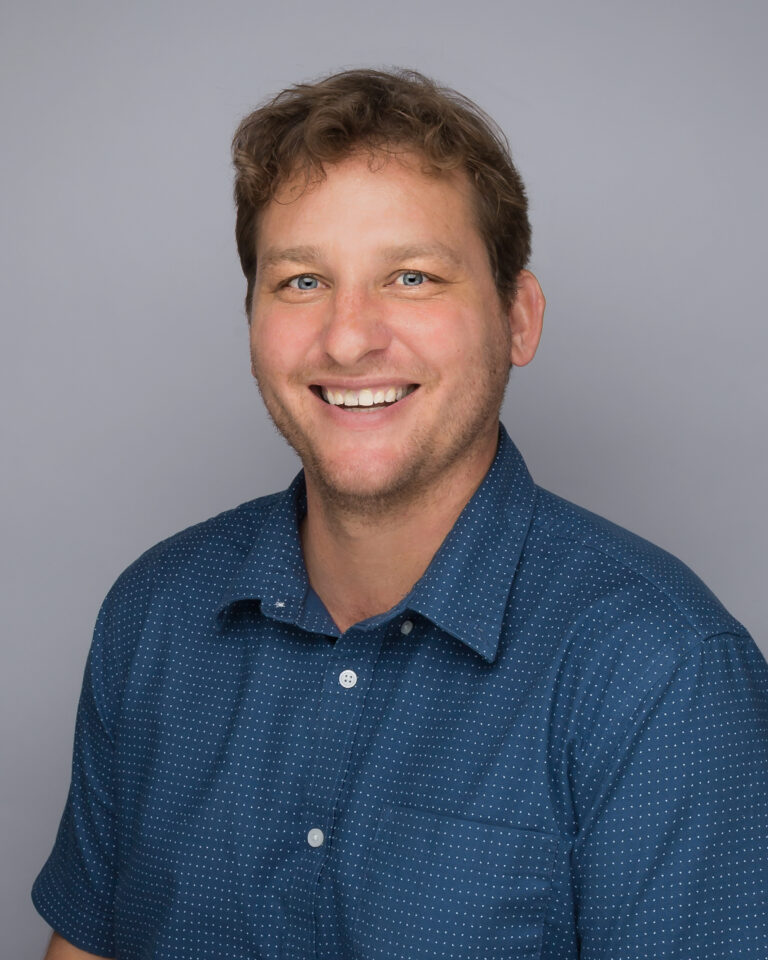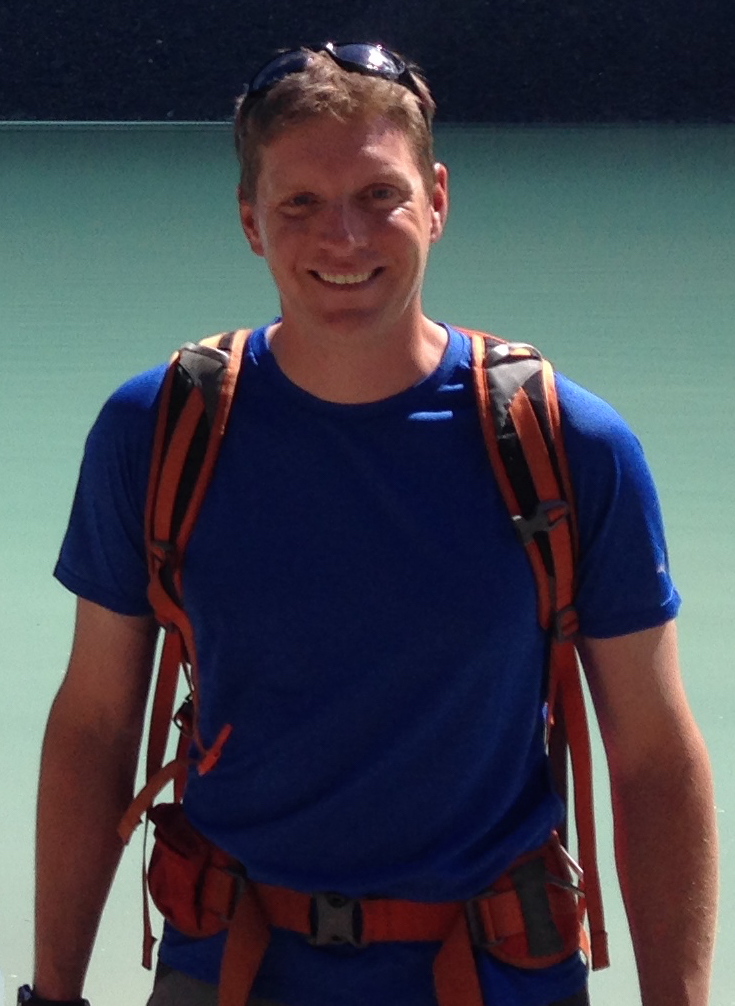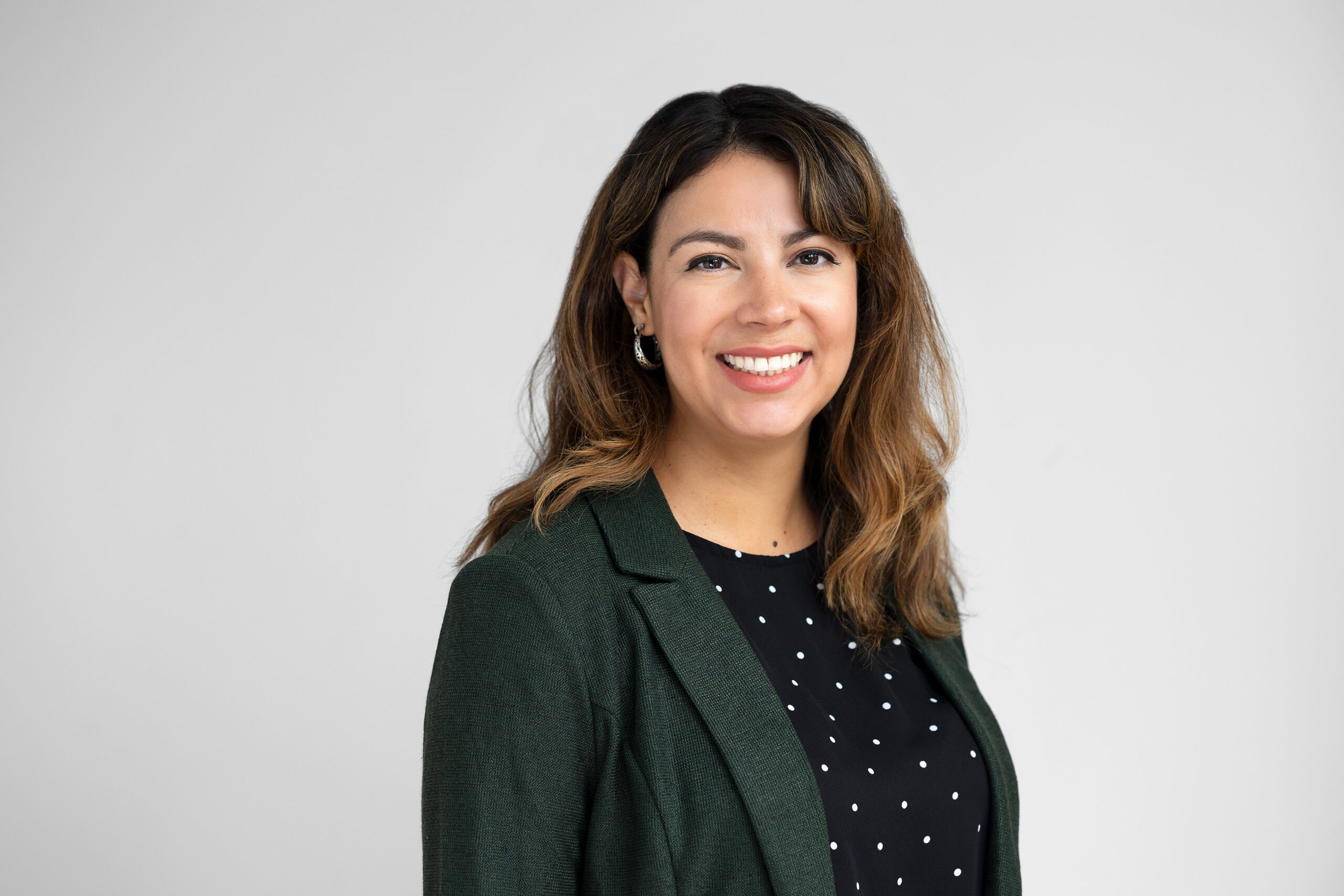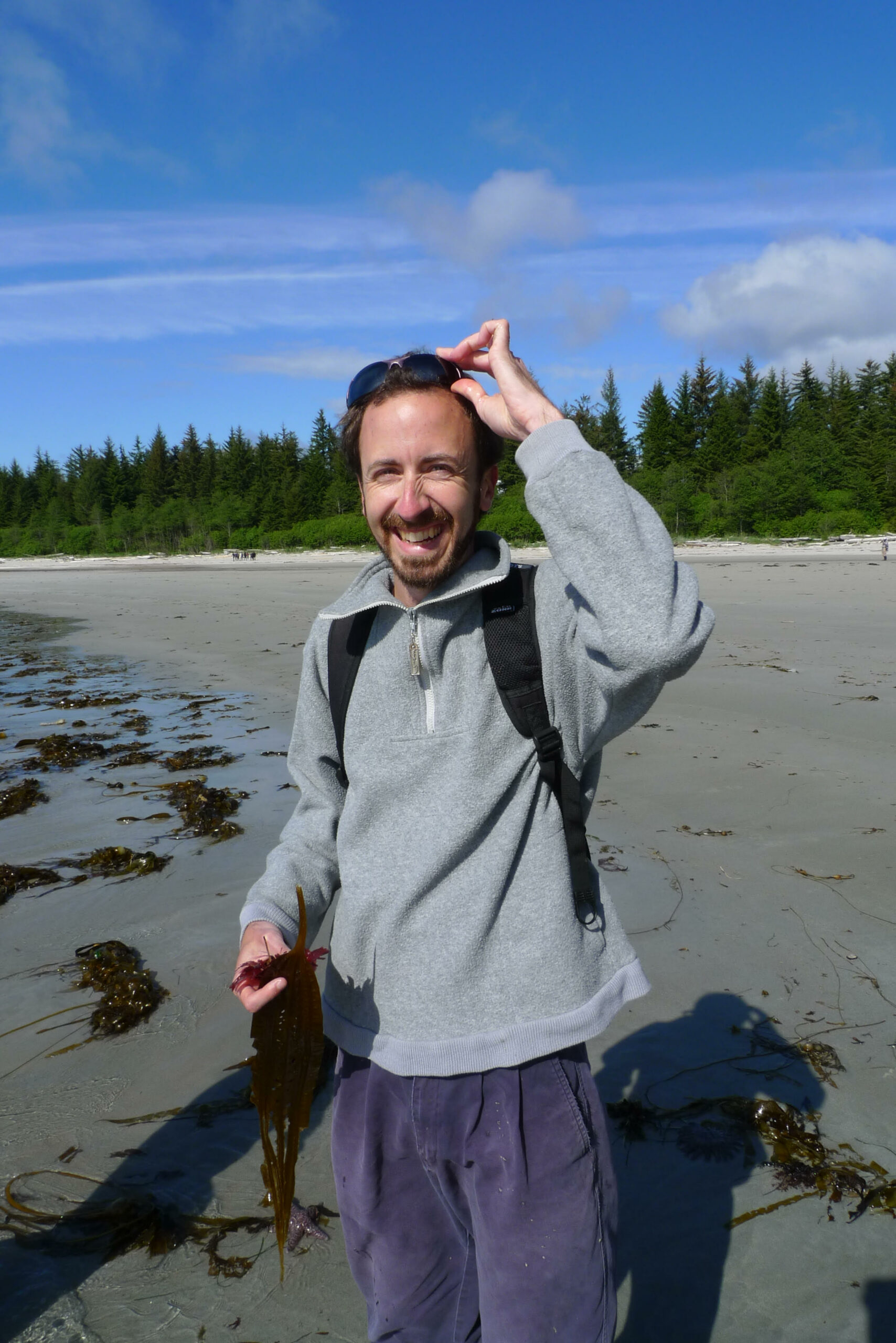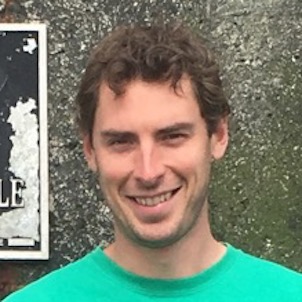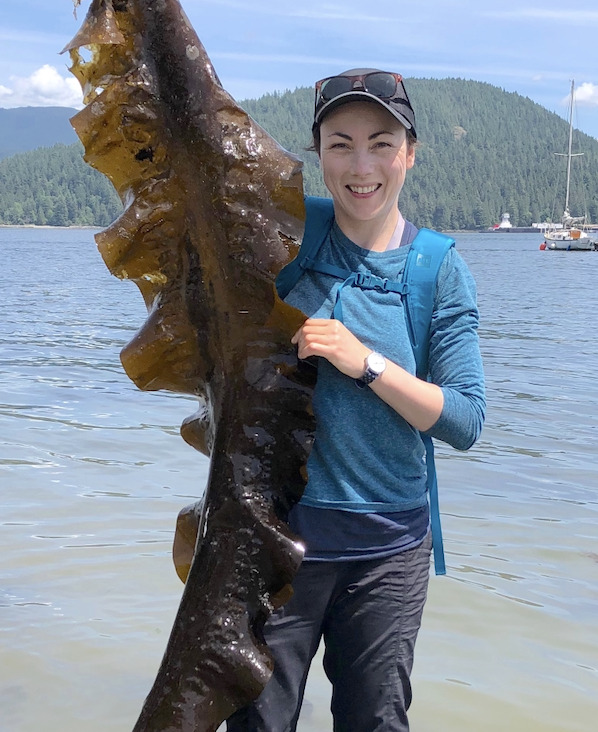Mike Jacox is a physical oceanographer working for NOAA at the Southwest Fisheries Science Center in Monterey, CA and the Physical Sciences Laboratory in Boulder, CO. His primary research focus is on physical-biological interactions in the ocean and their connections to climate, particularly in the northeast Pacific. Recently, he has focused on ocean variability and change off the US West Coast, including extreme events such as marine heatwaves, and the response of marine ecosystems from phytoplankton to top predators. Dr. Jacox is currently leading new efforts to develop end-to-end assessments of climate impacts on US west coast fisheries, including seasonal forecasts and centennial-scale projections of ocean conditions, distributions of targeted and bycatch species of interest to US fisheries, socio-economic impacts of changing living marine resources, and evaluations of fisheries management strategies in a changing climate. He holds a Ph.D. in Ocean Sciences from the University of California, Santa Cruz, and a B.S. in Aerospace Engineering from the University of Colorado.
